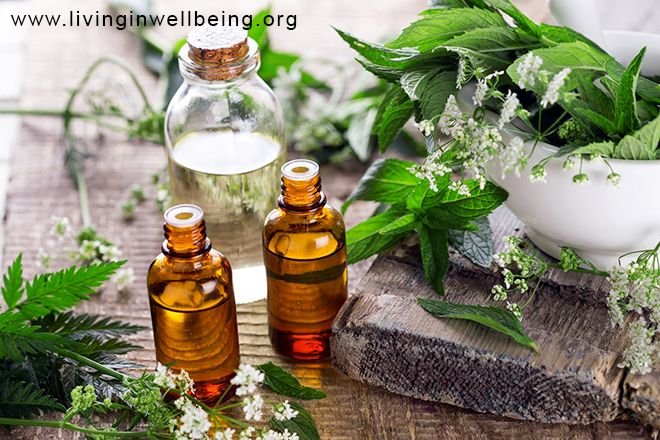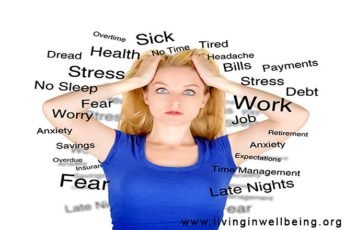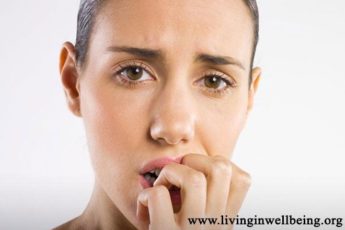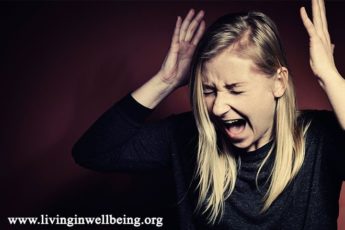
What Is Aromatherapy?
Aromatherapy is the use of plant compounds and their aromas, usually in the form of essential oils, to help improve one's physical and mental/emotional wellbeing. Essential oils are the compounds in fragrant plants that give them their scent and many of their health benefits. These oils are usually extracted from the plant through steam distillation and are highly concentrated. Other methods of extraction include expression and using solvents.
Can It Treat Depression?
There is inconclusive scientific evidence that aromatherapy is a successful treatment option for depression itself. However, many people living with depression manage the symptoms such as anxiety, fatigue, and low appetite, using essential oils.
In fact, there are also numerous studies that corroborate the belief held by many that the symptoms of depression can be managed by using essential oils.
There are many oils to choose from, and everyone is different, so people new to essential oils should consult an aromatherapist or read an essential oil uses guide for beginners to get started. A guide or aromatherapist can help you decide become familiar with the different oils and their uses, methods of application, things to note and other useful information.
For example, some oils should be diluted with a carrier oil or diffused into the water to avoid irritating the skin. Some popular carrier oils used with essential oils are olive, jojoba, and coconut. Essential oils can also be added to Epsom salt baths, foot baths, or sprinkled around a room to create a sustained, fragrant atmosphere to relax in.
Popular Essential Oils for Depression
Anxiety
A common symptom of depression is anxiety. Patients who experience anxiety can feel restless, worrisome, experience panic attacks, and feel debilitated in their day to day lives. Popular essential oils for anxiety include lavender, rose, chamomile, geranium, and grapefruit.
A calming, fragrant spray can be created using geranium, bergamot, Cedarwood, chamomile and lavender in a diffuser and used when patients feel their anxiety working up.
Fatigue
Another common symptom of depression is fatigue and lack of energy.
People suffering from depression often find it difficult to get out of bed, to stay focused on tasks, and complete basic chores. Many essential oils are reputed to support an alert and energetic state of mind.
Peppermint, for example, is a popular choice for patients looking to increase mental alertness. It also is reported to have calming effects.
Ginger, rosemary and eucalyptus are also popular for treating a lack of energy. Many people like to keep a bottle on hand to open and waft the fragrance throughout the day to keep their energy levels up.
Many citrus oils like lemon, orange and bergamot are also used to revive people who feel exhausted. Smelling salts can be purchased or made for this purpose.
How to Use Essential Oils
Diffusing Oils in a Room
Aromatherapy can be used throughout the day with fragrant satchels in bags or drawers, room diffusers that use steam or heat, spray bottle diffusers, and simply dropping the oils throughout a space.
By filling offices, bedrooms and bathrooms with the fragrance of lavender, stress and anxiety can be alleviated to have you much better.
Direct Inhalation
The benefits of essential oils on depressive symptoms can be achieved by directly inhaling the aroma. The benefit of this method is that it does not require a diffuser or any other type of equipment to be used.
Massage
The benefits of essential oils for alleviating the symptoms of stress can be coupled with a message for an even stronger effect. In fact, in the study mentioned early, it was shown to be even more effective than inhalation/diffusion.
Overall, while there is little evidence from the medical and scientific community on the efficacy of aromatherapy in directly treating mental conditions like depression, it remains a popular therapy in the management of symptoms. The sense of smell is powerful and leads to many different physical responses in humans, so it follows that moods could be uplifted or managed through aromatherapy.
In terms of which essential oils to use, lavender is one of the most popular and effective, however, others such as chamomile and ylang ylang are also known to be quite beneficial for the relief of depression symptoms.
This article was contributed by Trysh Sutton












